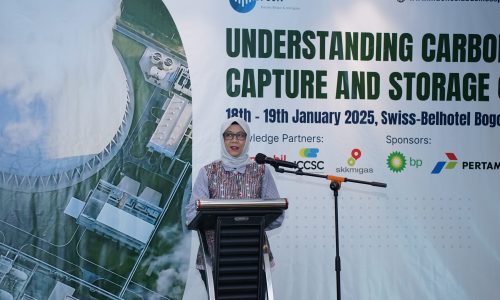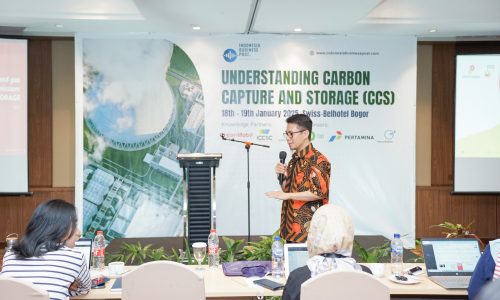Indonesia’s plan to move its capital city from the densely metropolis Jakarta to underdeveloped Nusantara in East Kalimantan has attracted 90 investors.
“We have received 142 letters from investors showing their interest [in the new capital project] and we have also received 90 letters of intent until yesterday,” Head of Nusantara Capital City (IKN) Authority, Bambang Susantono, said on February 6, 2023, during a hearing with the House of Representatives (DPR) Commission XI overseeing finance, national development planning and banking.
President Joko “Jokowi” Widodo announced on April 29, 2019, to relocate the capital city. Nusantara, which means the “archipelago, is located in North Penajam Paser regency and Kutai Kertanegara regency in East Kalimantan. The President plans to mark the Independence Day on August 17, 2024 in the new capital. The project, which spans 265,142 hectares, is estimated to cost a whopping US$ 32 billion.
Schemes for investors
Susantono said from the 90 most serious investors, 25 of them were in infrastructure and utilities, 15 in education, 14 in consultancy service and 10 in housing.
The authority also oversees the Public Private Partnership (PPP) scheme in the housing sector, which consists of 184 towers with IDR 41 trillion (US$ 2.7 billion) in investment. Of the total number, some IDR 1.67 trillion comes from property giant Summarecon Agung, IDR 30.8 trillion comes from Nusantara Consortium and IDR 8.65 trillion comes from Korea Land and Housing Corporation.
According to the Indonesian Real Estate Developers Association (REI), the three property developers mentioned by the IKN Authority were not really investing their money as their property construction projects were funded by the state budget, just like any other construction projects currently carried out by state-owned infrastructure companies. Also, out of 4,600 REI members, no more than 50 members were pitching construction projects in Nusantara. The others were taking a wait-and-see approach to see if the new administration after 2024 would continue the IKN project, business and investment research Tenggara Strategics reported.
Since 2022, the Ministry of Public Works and Housing has signed 30 contracts mostly with state-owned infrastructure companies to do infrastructure, government offices and housing construction projects worth IDR 24 trillion. The ministry targets to build a total 47 apartment towers in IKN in 2023, with a total budget of IDR 9.4 trillion to house 16,900 civil servants, soldiers and policemen by October 2024.
Susantono said the IKN development would be financed by state budget of 20% while the remaining 80% would be from private investors. The private investors financing will be in PPP scheme, leasing and creative financing such as carbon trading, philanthropist fund, CSR and blended financing.
“We blend all financing sources to build facilities that can be developed by private financing,” he said.
Investment priority
The IKN Authority has divided 9 economic generators that will be developed gradually starting from the first generator, which is the national government centers. “For the central area for government offices, we will provide all basic infrastructure. Whereas the other areas are open for investors,” he added.
The 2024 investment priority will be divided into 3 zones with the main priorities are the development of presidential palace, 4 offices of coordinating ministry, ministries that directly support the president and supporting ecosystem.
The authority also decided to prioritize the development of supporting ecosystem as economic generators around the central government area. This includes the development of public infrastructures and facilities such as international standard health facilities, integrated education facilities, offices and services areas, mixed use areas, commercial and trading zones such as shopping centers and residential facilities.
“In 2024, we expect to see the capital city has the ecosystem. It means the facilities for those who move to Nusantara and want to do other activities apart from government administration will be available,” Susantono said.









